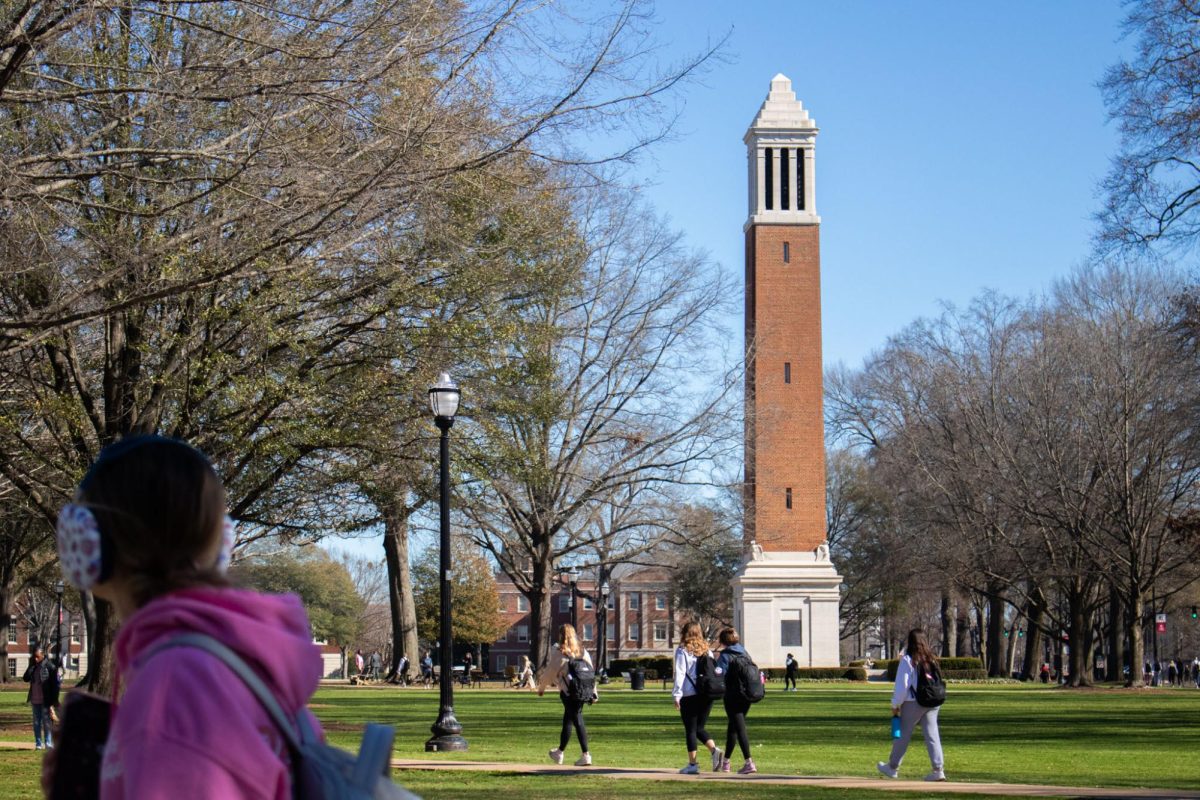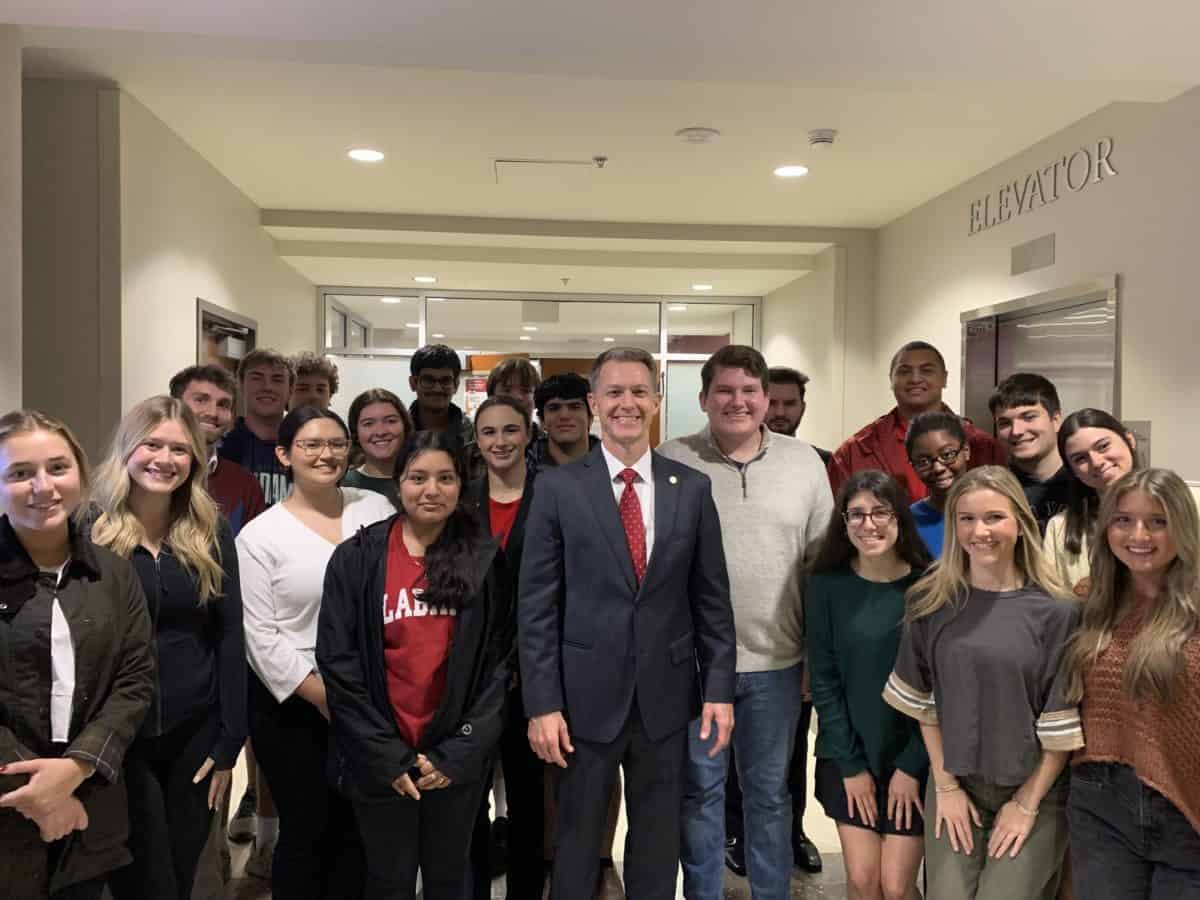AI-powered research has become increasingly common in recent years as AI software has become more available to the general public. The University of Alabama recently announced that it will open the Alabama Center for the Advancement of Artificial Intelligence in the College of Engineering, which will help advance AI research at the University.
In addition to researching ways to improve AI, the center will search for ways to use AI to benefit society, ensure that AI usage remains ethical, and teach people the proper methods to use AI for research and everyday work.
“The establishment of ALA-AI signifies a monumental leap forward in the realm of AI research and education at UA,” said Jiaqi Gong, director of the center, in a UA News release. “Through interdisciplinary collaboration and innovative initiatives, we aim to address the most pressing challenges and opportunities in AI, shaping a brighter future for Alabama and beyond through its responsible development and application.”
AI-powered research at the University of Alabama in Huntsville has already begun addressing supply-chain shortages after pandemics and natural disasters.
Vishwa Kumar, an engineering management PhD student at UAH, and other researchers from UAH and the Illinois Institute of Technology studied how AI analysis of social media posts could help address supply shortages.
The researchers extracted data from 1.7 million tweets from the U.S. and India to identify the largest healthcare supply needs that emerged during COVID-19. Kumar said that information can be used in the future to plan accordingly during disaster scenarios.
Kumar said that the advantage of using AI to gather data from social media was quicker access to more information than traditional databases, but he added that the information may not always be accurate.
“The challenge is that social media data is not verified, and there [is] some fake information that we had to deal with,” Kumar said.
Other challenges include tweaking the collection AI’s parameters to ensure it’s gathering the correct information, adjusting the models to fit with specific situations, and finding ways to continue collecting data during cellular and power outages.
Despite the challenges involved with the study, Kumar said that the advantage of AI lies in its ability to analyze real-time information during pandemics and natural disasters.
For pandemics similar to the COVID-19 outbreak, the team could analyze which hospitals have shortages and which items they need. During natural disasters, researchers could look at data from neighboring cities to identify which supplies are most needed on the ground.
Researchers from LIUC University in Castellanza, Italy, and Nottingham University Business School found that operations and supply chain management could be optimized by AI and that it is a key technology for the industry.
According to the study, AI can help companies with their inventory management, demand forecasting, risk management, and many other steps of the supply chain.
“My background was in manufacturing engineering, and when I graduated 10 years ago people were not talking about how to apply AI,” Kumar said. “Now even in the manufacturing sector, everybody is talking about how to apply AI.”















